Colder, wetter winter expected in North Idaho
By Ben Olson
Reader Staff
This winter could be a good time to be in the north.
The National Oceanic and Atmosphere Administration (NOAA) is predicting that North Idaho will have a colder, wetter winter this season due to a La Niña weather pattern that is likely to develop.
“I’m predicting a snowier than average winter season,” said Coeur d’Alene climatologist Randy Mann. He added that precipitation would be “20-30 percent more than normal.”
NOAA forecast models call for greater-than-average snowfall around the Great Lakes and in the northern Rockies, as well as wetter-than-average conditions that might produce more snowfall.
Translation: possible skier’s paradise this winter.
A La Niña pattern, according to Mann, is “the abnormal cooling of ocean temperatures near the Equatorial regions.” La Niña changes weather patterns as the Maritime Polar Jet Stream becomes stronger, said Mann.
“Therefore, since we are influenced by that jet stream, we should get more storms and colder temperatures this winter season,” Mann said.
The rest of the country will not fare so well, according to NOAA. The majority of the country — including Hawaii, most of Alaska and the lower two-thirds of the contiguous U.S. — appear to be in for less-than-average precipitation and warmer-than-average temperatures.
If predictions hold true, this would be the third year in a row that the country will face a warmer winter. The Washington Post ranked last year the “sixth-warmest winter on record.”
While more precipitation and colder temperatures contribute to an above-average snowpack, Mann said that doesn’t always dictate what type of fire season will follow.
“Our wet spring [in 2017] led to one of the worst fire seasons in history,” said Mann. “The wet conditions had increased foliage which then dried out when we had very little moisture during the summer. We really need some kind of moisture during the summer to hold down the fire season, but there are no guarantees.”

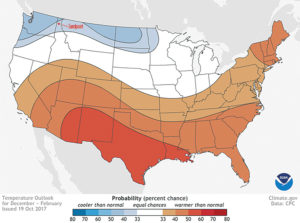
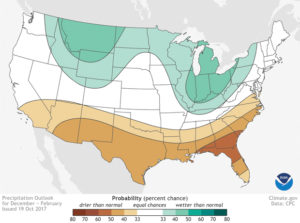
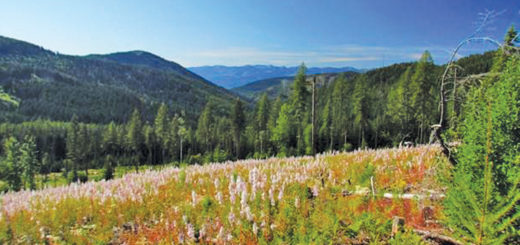
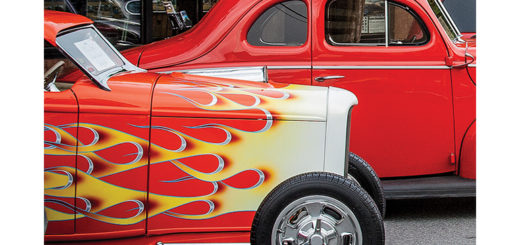



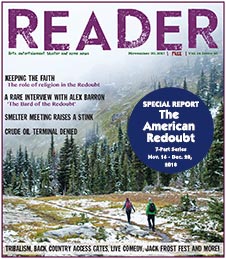
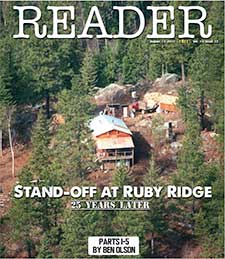

 Coming up this week! Don’t miss Live Music, the Summer Sampler, the Art Party, Monarch Grind, the Sandpoint Renaissance Faire, and more! See the full list of events in the
Coming up this week! Don’t miss Live Music, the Summer Sampler, the Art Party, Monarch Grind, the Sandpoint Renaissance Faire, and more! See the full list of events in the 